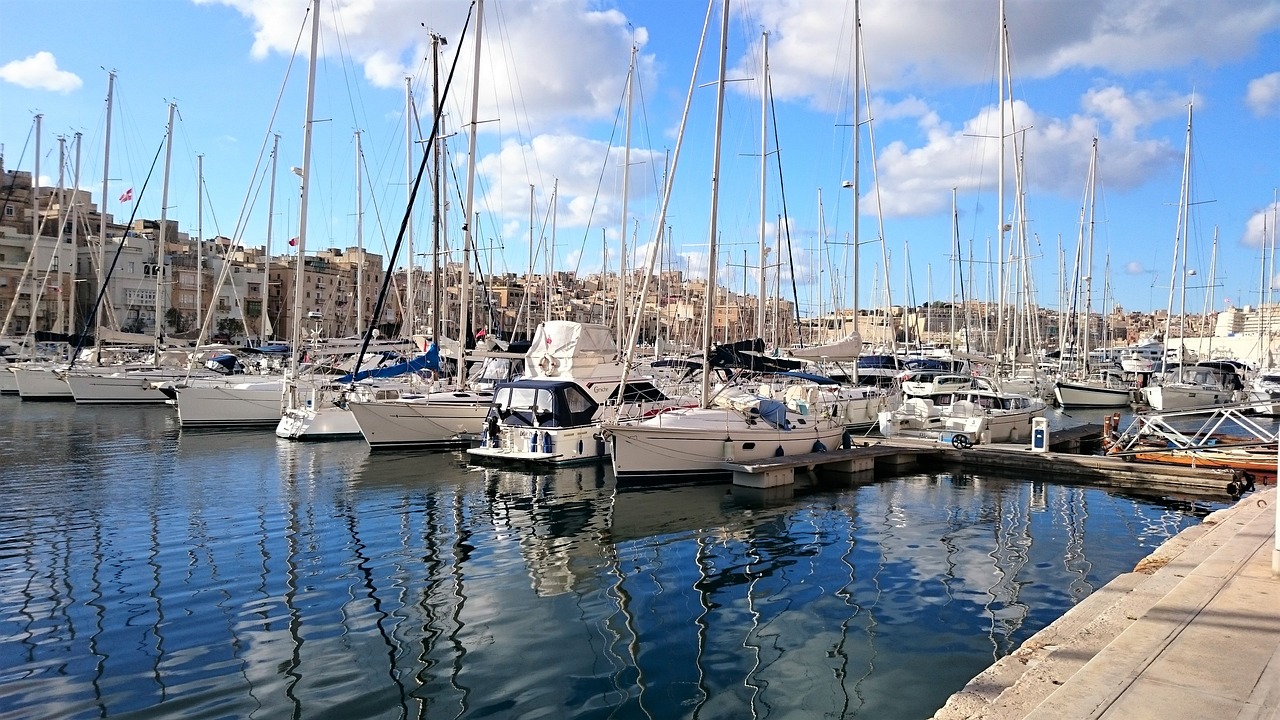Malta Video
Navigating Local Taxes and Business Regulations in Malta
Malta, a picturesque archipelago located in the Mediterranean Sea, has become an attractive destination for individuals and businesses alike. With its strategic location, favorable tax regime, and business-friendly environment, Malta offers numerous opportunities for entrepreneurs and investors. However, understanding and navigating local taxes and business regulations is crucial for anyone looking to establish or expand their business in Malta. This article will provide a comprehensive guide to help you navigate the complexities of local taxes and business regulations in Malta.
Registering a Business
To start a business in Malta, the first step is to register your company with the Malta Business Registry. The registration process involves submitting the necessary documents, such as the Memorandum and Articles of Association, and paying the registration fees. It is important to ensure that your company complies with all legal requirements and regulations before commencing operations.
- Choose the right business structure: Malta offers various business structures, including limited liability companies, partnerships, and sole proprietorships. Each structure has its own advantages and considerations, so it is important to choose the one that best suits your business needs.
- Obtain the necessary permits and licenses: Depending on the nature of your business, you may need to obtain specific permits and licenses from the relevant authorities. This may include licenses for activities such as gaming, financial services, or hospitality.
- Appoint a company secretary: Every company in Malta is required to appoint a company secretary who will be responsible for ensuring compliance with legal and regulatory obligations. The company secretary must be a resident of Malta.
- Register for VAT: If your business is engaged in taxable activities and exceeds the annual turnover threshold, you will be required to register for Value Added Tax (VAT) in Malta. VAT rates vary depending on the type of goods or services provided.
Taxation in Malta
Malta offers a competitive tax regime that has attracted many businesses and individuals. Understanding the tax system is essential to ensure compliance and optimize your tax position. The main taxes applicable in Malta are:
- Corporate Tax: Companies registered in Malta are subject to corporate tax on their worldwide income. The standard corporate tax rate is 35%, but certain incentives and tax refunds can significantly reduce the effective tax rate.
- Personal Income Tax: Individuals who are resident and domiciled in Malta are subject to personal income tax on their worldwide income. The tax rates range from 0% to 35%, depending on the level of income.
- Value Added Tax (VAT): VAT is levied on the supply of goods and services in Malta. The standard rate is 18%, with reduced rates of 7% and 5% applicable to specific goods and services.
- Capital Gains Tax: Capital gains derived from the transfer of certain assets, such as real estate and shares, may be subject to capital gains tax in Malta. The tax rate is generally 8%.
Tax Incentives and Reliefs
Malta offers a range of tax incentives and reliefs to attract businesses and encourage economic growth. These incentives can significantly reduce the tax burden for eligible entities. Some notable incentives include:
- Participation Exemption: Dividends and capital gains derived from qualifying participating holdings may be exempt from tax in Malta.
- Notional Interest Deduction: Eligible entities can claim a notional interest deduction on risk capital employed in their business activities, reducing their taxable income.
- Research and Development (R&D) Tax Credits: Businesses engaged in qualifying R&D activities may benefit from tax credits, allowing them to offset a portion of their R&D expenses against their tax liability.
- Double Taxation Relief: Malta has an extensive network of double taxation treaties, which provide relief from double taxation and promote cross-border trade and investment.
Employment Regulations
When employing staff in Malta, it is important to comply with local employment regulations and provide a fair and safe working environment for your employees. Key considerations include:
- Employment Contracts: It is mandatory to have a written employment contract in place for each employee, outlining the terms and conditions of employment.
- Minimum Wage: Malta has a minimum wage requirement, which is periodically revised by the government.
- Working Hours: The standard working week in Malta is 40 hours, with overtime rates applicable for additional hours worked.
- Annual Leave and Public Holidays: Employees are entitled to a minimum number of paid annual leave days and public holidays.
- Health and Safety: Employers have a duty to ensure a safe working environment and comply with health and safety regulations.
Intellectual Property Protection
Protecting your intellectual property (IP) is essential for businesses operating in Malta. The Malta Industrial Property Office (IPO) is responsible for the registration and protection of IP rights, including trademarks, patents, designs, and copyrights. Registering your IP rights can help safeguard your business interests and prevent unauthorized use or infringement.
- Trademark Registration: Registering your trademarks with the IPO provides exclusive rights and legal protection for your brand.
- Patent Protection: Patents can be registered to protect inventions and innovations, granting exclusive rights for a specified period.
- Design Registration: Registering your designs can prevent others from copying or imitating your unique designs.
- Copyright Protection: Copyright automatically protects original literary, artistic, and creative works. However, registering your copyright with the IPO provides additional legal protection.
Conclusion
Navigating local taxes and business regulations in Malta is essential for anyone looking to establish or expand their business in this thriving Mediterranean archipelago. By understanding the registration process, tax obligations, incentives, employment regulations, and IP protection, you can ensure compliance and maximize the opportunities offered by Malta’s business-friendly environment.
References
- Malta Business Registry: businessregistry.gov.mt
- Malta Tax Department: ird.gov.mt
- Malta Industrial Property Office: ipr.gov.mt
- Government of Malta: gov.mt
Malta Image 1:

Malta Image 2:

Malta Image 3:



